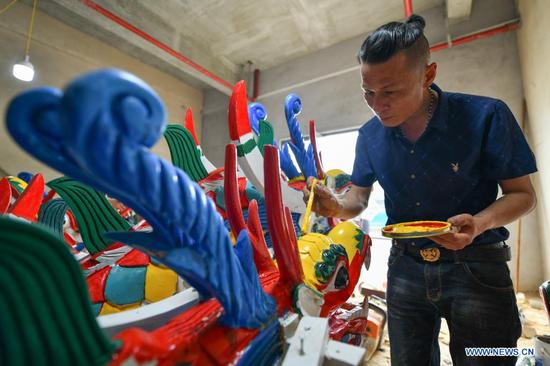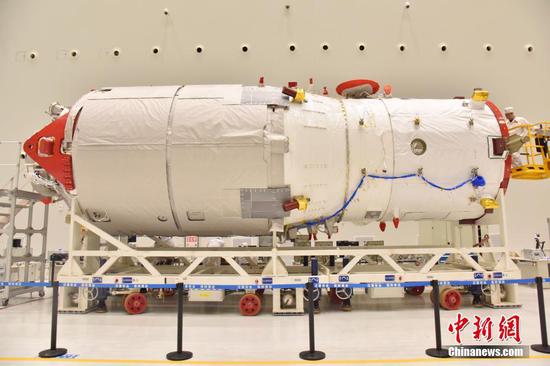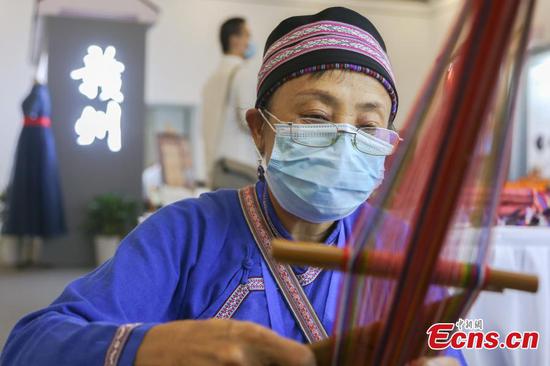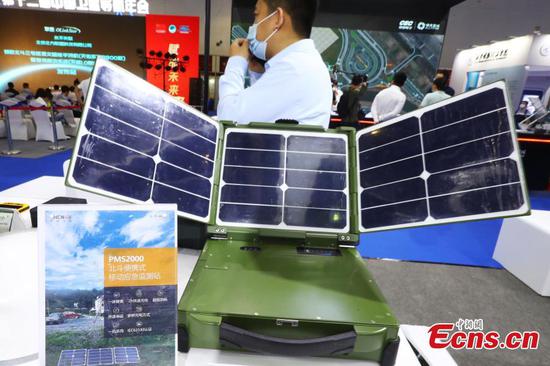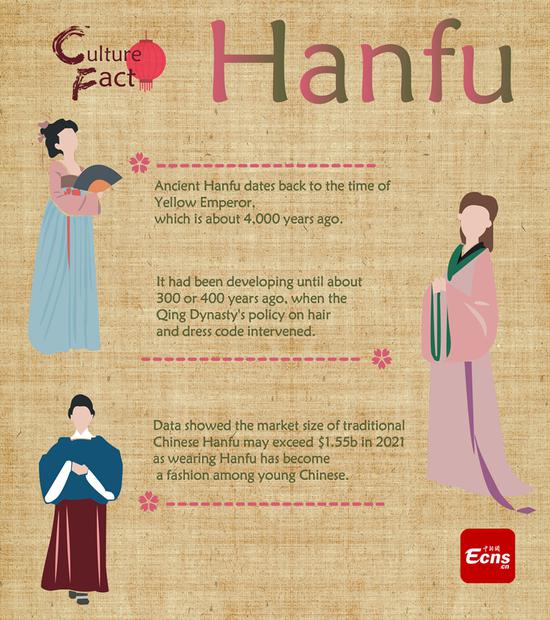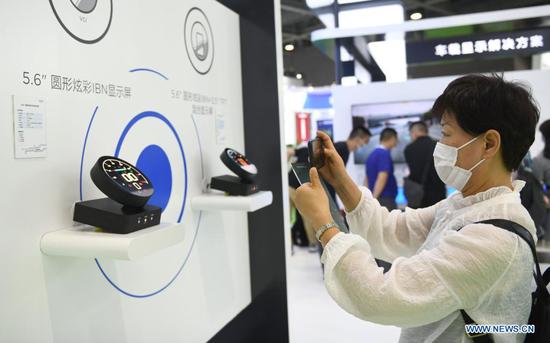Health experts say it is imperative for Malaysian authorities to speed up mass vaccinations, as soaring COVID-19 cases have prompted a nationwide lockdown starting on Tuesday.
"The recent surge of COVID-19 cases is alarming for the whole nation," said Leow Chiuan Yee, a senior lecturer at the School of Pharmaceutical Sciences in Universiti Sains Malaysia.
Malaysian Prime Minister Muhyiddin Yassin announced on Friday a "total lockdown" from Tuesday to June 14 of all social and economic sectors with the exception of essential services. "With the latest rise in daily cases showing a drastic upward trend, hospital capacity across the country to treat COVID-19 patients is becoming limited," Muhyiddin said in a statement.
Noor Hisham Abdullah, Malaysia's director-general of health, said COVID-19 cases have been rising since April 1 and are "following an exponential trend". He said Malaysians "need to prepare for the worst" and appealed to everyone to stay at home to break the chain of infection.
With some intensive care units nearly full, Leow said it is becoming more difficult for the healthcare system to treat the rapidly growing number of coronavirus patients.
The slow vaccine rollout and a rise in social gatherings have caused a surge in coronavirus infections in Malaysia since April, making the country a pandemic hot spot.
New shipments
Malaysia is the third hardest-hit country in Southeast Asia. It reported 8,290 new COVID-19 infections on Friday, the highest daily spike for the fourth day in a row, and 61 deaths, according to the World Health Organization.
New daily infections have reached 216 per million people, higher than India's 175 new infections per million, according to data compiled by Johns Hopkins University and the United Nations.
Leow is hoping that new vaccine shipments from China and the COVID-19 Vaccines Global Access Facility, COVAX, will help ramp up Malaysia's vaccination drive, which had been constrained by the tight global supply.
A total of 500,000 doses of CoronaVac vaccine from China's Sinovac Biotech and 559,200 AstraZeneca doses sourced from COVAX arrived in Kuala Lumpur on May 21.
Finance Minister Tengku Zafrul Tengku Abdul Aziz said Malaysia will increase COVID-19 healthcare spending by another 200 million ringgit ($48.3 million), putting the total budget for controlling and treating coronavirus at 1 billion ringgit. He said the additional funds will be used to increase the capacity of intensive care units and provide more beds.
Chan Chee Khoon, an epidemiologist and health policy analyst with the advocacy group Citizens' Health Initiative, welcomed the additional funding and resources. But he said it is important that the resources are administered "rationally and accountably". A global shortage of vaccines and their inequitable distribution have hampered Malaysia's inoculation program, Chan said.
Malaysia had planned to vaccinate 80 percent of its 32 million population by February to bring about herd immunity. But the rollout has been slow, with only 1.6 million people having received their first dose as of May 24.
Khairy Jamaluddin, coordinating minister for Malaysia's National COVID-19 Immunization Program, attributed this to insufficient global supply, with most industrialized countries buying three to five times more doses than what their population requires.
Chan said Malaysian authorities have managed the vaccination program competently, but they need to address the issue of continuing dependency on foreign vaccine developers, producers and suppliers.
Foreign dependency has been a grim reality "despite the repeated offers of scientific collaboration in R&D by prospective partners, and joint ventures to position Malaysia as a regional production and distribution platform for Southeast Asia," Chan said.
Michael Jeyakumar Devaraj, a co-convener of the People's Health Forum, an alliance campaigning for healthcare reform, said the government also needs to address vaccination hesitancy, as many people still fear possible side effects.
Apart from educating Malaysians about the benefits and risks, the government can also offer a no-fault compensation scheme to those who may suffer adverse side effects from vaccination, he said.
Leow, of USM, said Malaysians need more "self-awareness and personal discipline" in following movement restrictions in order to stem the number of infections.










